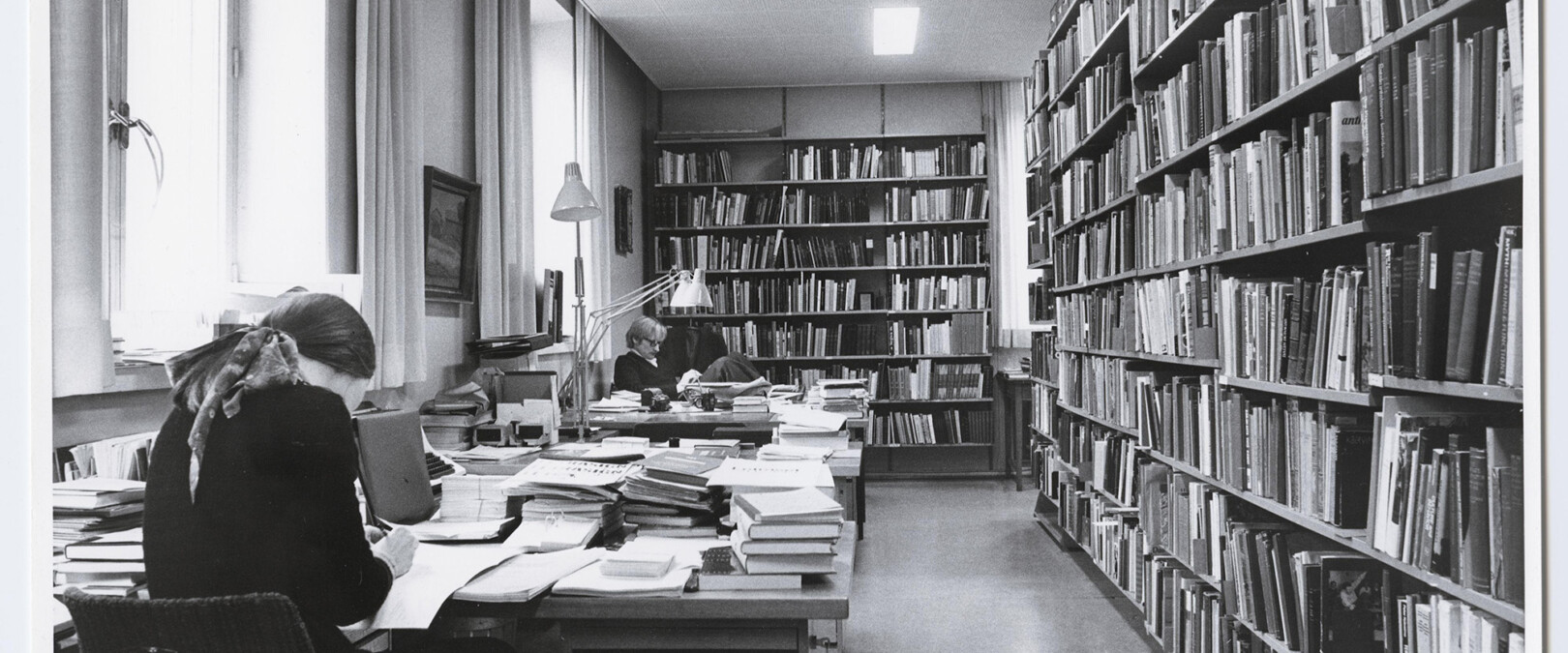
History of Science
The History of Science in Finland is a research project on the history of science and knowledge in Finland from 1918 until today. During the first decades of this period, the scientific field was heavily influenced by the fragile democracy after the Finnish Civil War in 1918. In the second phase, the post-Second World War era, the research landscape was transformed by the rapid expansion and democratisation of higher education and the scientifically oriented welfare state project. Lastly, during the recent decades at the turn of the millennium scientific production adapted to the demands of the competition state, globalisation and Europeanisation.
In all of these stages, Finland has been a part of the global networks of science. Scientific life has moreover been formed by everyday research activities, entailing successes, passions, uncertainty and failures.
Drawing on the social and cultural history of science, the history of knowledge and the global history of science, the project aims to increase the understanding of science embedded in society, and the position of Finland in the international scientific community. The project outlines how science facilitated the development of culture and education, technology, the economy and the welfare state, but also how societal, economic and geopolitical factors have constrained scientific activities in Finland at different times.
The project is rooted in the scholarly debate initiated in the 2000s,focusing on the relationship between the national and the international in the history of science and knowledge, as well as the role of interactions transcending geographical, cultural and social boundaries in the production of knowledge. The History of Science in Finland contributes to this discussion by examining how new theoretical frameworks within the history of knowledge lend themselves to studying the history of science with a transdisciplinary approach that also takes societal interactions into account.
